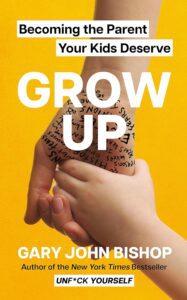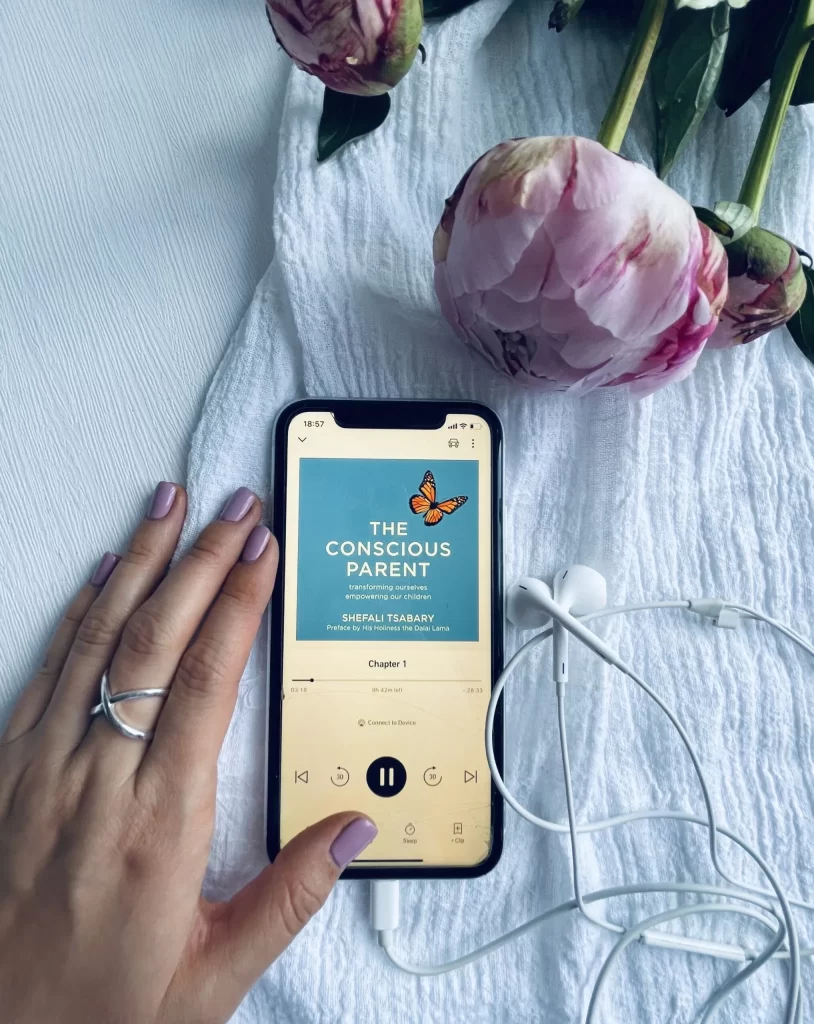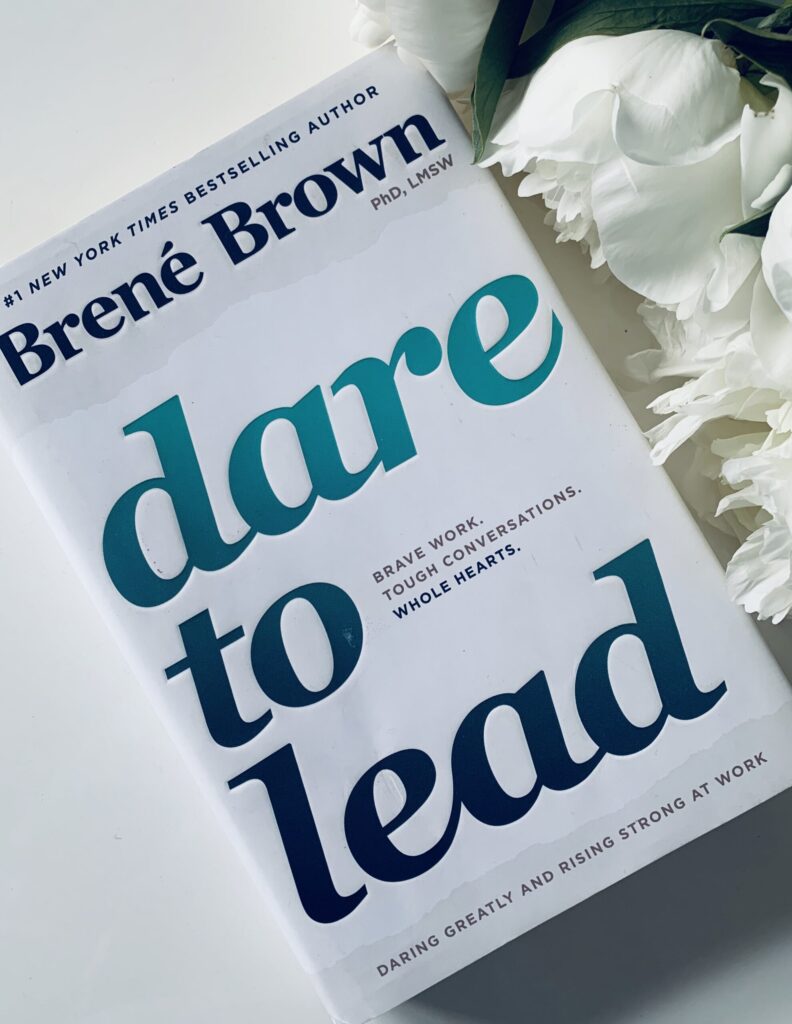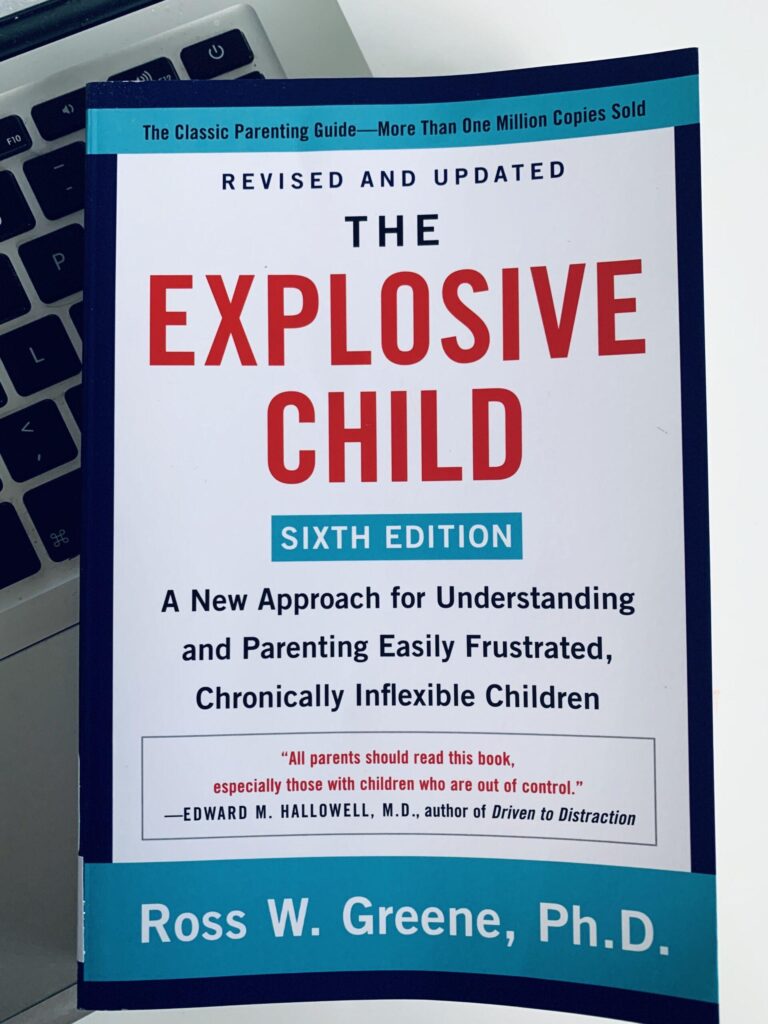 Grow Up
Grow Up
Becoming the Parent Your Kids Deserve
Gary John Bishop
Yellow Kite (14 Sept. 2023)
About Gary John Bishop
Gary John Bishop began his journey in Glasgow, Scotland, where the grit and wit of his upbringing shaped his signature tough-love, no-nonsense approach to personal growth. Formerly a Senior Program Director for one of the world’s largest personal and professional development companies, Gary has crafted a no-frills message that cuts through the noise, addressing the deep-seated issues that hold people back from breaking free of self-limiting beliefs and behaviours.
As a leading expert in personal development, Gary’s “Urban Philosophy” has impacted millions worldwide, introducing a fresh approach to personal empowerment and life mastery. His work has inspired transformative results, elevating the quality and performance of countless lives.
About The Book
“Breaking down the enigma of who is doing the job (rather than telling you how to do it, which is what makes most of the other parenting books completely useless) is what makes where we are starting here all the more interesting and ultimately useful. The point is, when you get to the murky bottom of who you are, your personal magic fun bucket, the job itself becomes a whole lot clearer and inspiring and free.
You’ll also get a profound understanding of everyone who had the job before you and your responsibility to those who are to follow. Yes, it’s that big and it’s that important. […]
Here we’ll take on this whole notion of the being of a parent – that is, the kind of human being you’ll have to be to get this done. We’ll work on unearthing all of the mental blocks, old emotions, and superstitious nonsense that get in the way of it.
And do a whole lot of letting go.”
I came across this little book in the library, and the blurb caught my eye: Who You Are as a Parent Is Way More Important Than How You Parent. I couldn’t just walk away after reading that.
Even though I’ve been into personal development for over a decade, I’d never come across Gary John Bishop. Turns out, he’s a “self-help guru” with a bunch of books under his belt, like Unf*ck Yourself and Stop Doing That Sh*t.
In this book, Gary takes a coach-like approach to parenting. He starts with a bold idea: our own childhood experiences have a profound impact on how we show up as parents. If we want to change the way we parent our kids, we first need to look at who we are instead of just what we do as parents. It all begins with awareness—understanding our past (and our parents’ and grandparents’ too), dropping the blame, and stepping up to be authentic parents.
It’s a quick read but packs a punch, sparking a lot of reflection. Another reminder that parenting isn’t just about kids—it’s about us, the parents.
Let’s have a quick look at some of the insights.
Key Insights
Rethink Your Childhood Narrative
“You are not a direct product of your past. And while it is true you were born (thrown) into an already existing conversation of family and values and morality and so on, you are in fact a predictable, repetitive emotional expression of what you have come to believe as true about all of that past. And no, what you have come to believe about back then is not the same as what actually happened. […]
Therefore, what you now believe about your childhood is your biggest problem. What happened is just what happened. Them’s the facts. What people believe about all of that is where they begin to disconnect.
Your “story” of the past often produces overwhelming fear, confusion, anxiety, frustration, anger and a host of other negative patterns that fool you into thinking you urgently need to solve the symptoms when in fact you never really get to the heart of the matter. The story. Not the past.
And if you are striving to become a fundamentally better parent, you need to realize you are in a tired matrix that really needs to fucking go. But it won’t go without a fight, and be left in no doubt, you’ll fight for that shitrix without even realizing that’s what you’re up to.
That’s when you need to wake up.”
Here’s another take on how our own past sneaks up on us when we become parents. We all leave childhood with a few things we’ll need to unpack and work through. But here’s the catch—if you want to be the best parent you can be, you always have to start by unpacking your own emotional baggage. And that begins with awareness.
Philippa Perry captures this perfectly in The Book You Wish Your Parents Had Read:
“So much of what we have inherited sits just outside of our awareness. That makes it hard sometimes to know whether we are reacting in the here and now to our child’s behaviour or whether our responses are more rooted in our past.”
I’ve always been fascinated by how two siblings can interpret the same childhood events so differently. Here are a couple of real-life examples:
Sibling 1: “Our dad didn’t allow us to climb trees.”
Sibling 2: “Actually, he did. But if we got hurt or dirty, we’d be in trouble. So I just knew we had to be extra careful.”
Sibling 1: “I loved that our parents trusted us to make our own decisions.”
Sibling 2: “I found it frustrating and stressful.”
Same experiences, different interpretations. And the same goes for how we recall major life events like a parent’s divorce, financial struggles, etc.
So here’s a question: what beliefs about your childhood have become foundational for who you are today? Are these beliefs lifting you up, or are they getting in the way of being your best self?
With that, let’s move on to the next insight.
Stop Blaming And Start Living
“Finding someone to blame for the situation you were born into or were even raised in is bankrupt. It just isn’t workable for you to blame this life on that one, and at some level you already know this. Drawing a straight line between the pain of then and the life you have now is over. It has to be or the life you have will always be tainted by the one you believe you had no matter how many mantras you chant.”
That’s a powerful idea. True maturity and living authentically start when we stop blaming our past and take full responsibility for our lives, our choices, and our actions.
Blame is what anchors us to the past. We can blame ourselves, others, or our circumstances, but holding on to blame keeps us stuck. It prevents us from growing, changing, and showing up as the parents our kids need.
Here’s a question Gary poses that cuts right to the heart:
“If you were free from your past, what kind of parent could you be? If you were free from the past, what kind of parent would you have? It’s all tied together by blame. Freedom lies on the other side of all of it.”
This is such a powerful reminder to let go of blame and start living fully.
If you had a painful childhood, try viewing it from your parents’ perspective. Maybe they were young and figuring things out, or perhaps they were carrying their own wounds from a difficult upbringing. Try to rewrite your narrative and make sense of your experiences. As Dan Siegel and Tina Payne Bryson write in The Power of Showing Up:
“Without a coherent narrative, we’re likely to repeat the mistakes our parents made, passing down the painful legacy they learned from their own caregivers. But when we make sense of our experiences and work to comprehend our parents’ own woundedness, we can break the cycle and avoid passing down the inheritance of insecure attachment.”
When we let go of blame and make sense of our past, we can break the cycle and start a new legacy for our children.
Three Heirlooms
“I wanted my children to have something, a set of personal life skills, a range of talent for mastering their own humanity, but I absolutely knew none of it would make any difference for them if I did not first deal with how I was going to “give” them anything.
I mean, how do I give them something such as love or patience or any one of a number of the intangible tangibles we live our lives by?
Then it hit me: by living it myself. With no expectation or pressure that they follow suit. They either will or they won’t, but as I am sure you will uncover for yourself, the kind of things I’m talking about here have real impact and not just with your kids but also with everyone else in your life.
Your parents included. […]
For eighty hours a week, thirty-three weeks of the year, week after week, month after month, year upon year committed myself to delving into the darkness with people. Human beings laid bare, vulnerable, and determined to change. And they did.
Why am I telling you all of this?
I don’t say anything here in a vacuum. I’m not anesthetized to what human beings are capable of.
I am in no doubt as to the levels of cynicism, lying, cheating, hating, bullying, violence, intimidation, manipulation, and whatever other horrible and shameful things you may care to throw in the mix that human beings are capable of exacting upon one another.
Maybe you’ve done it, or it has been done to you.
This is a harsh and cruel world at times. People do shit things to other people.
And your children will have to make it through all of it.
And sometimes our efforts to protect end up taking them in a direction we never anticipated. I go the other way. I don’t want my children equipped with emotional survival skills. I want them to be bigger than life, to have a deep well of expression and an unmessable sense of self.
A robustness that’s a match for the world and does not need them to look to anyone or anything to help them through it.
And so, through all of this coaching experience, I noted three things that continually caused people to fall. Three characteristics that, if they had mastered, would have seen them through just about every trial and tribulation of not only their young life but the rest of it too.
I call these three things “heirlooms” because that’s exactly what they are. Three treasures that are at the center of everything we do here. Live by these and you can work through just about anything life cares to throw at you. Keep doing what you are doing and… well, we know how that turns out.”
I love the idea of giving kids “an unmessable sense of self”—what many call resilience. It’s a crucial life skill.
So, how do we teach it to our kids? The best way is by modelling it ourselves.
In the book, Gary shares three core qualities, or “heirlooms,” that we can nurture in ourselves and pass down to our kids to build resilience. Let’s take a look:
- Heirloom No. 1: Being Loving. You can teach your kids to be loving by showing them unconditional love and commitment every day.
- Heirloom No. 2: Being forgiving. “Forgiveness is when you let go of the desire to punish either yourself or another by holding onto an emotional position over something.” Powerful skill.
- Heirloom No. 3: Being someone of integrity. Walk the talk and stick to your values.
So simple and so powerful.
Be An Authentic Parent
“…what does it look to be authentic as a parent?
Simple.
You tell the truth, and while that’s the case for every area of your life, it’s a critical aspect of being the kind of parent who actually makes a difference.”
Gary emphasizes that one of the secrets to being the best parent is being authentic, which starts with telling the truth (with the important caveat that the truth should be developmentally appropriate for your child). Your words matter—so pay attention to what you say and how you say it.
Here are two rules from Gary to keep in mind:
“1. Speak like your words mean everything.
2. Listen without making it mean anything.”
If you’re eager to dive deeper into authentic communication, I can’t recommend Nonviolent Communication by Marshall Rosenberg enough. It changed how I interact with everyone, not just my kids.
And it echoes Jordan Peterson’s Rule 8 from 12 Rules for Life: “Tell the truth—or, at least, don’t lie.” Focus on your personal truth.
Appreciate The Time You Have With Your Kids
“This all happened when my oldest son was about six or seven. We spoke daily, at least twice. He gave me updates on his life, and I shared (responsibly) about mine. One of the first things I did was remove the language about “missing” him. When I looked at that in the cold light of day, I realized we were using our moments together to lament the moments we were not together. It seemed such a waste of our very precious time. Instead, I focused on enjoying whatever time I did have with him, laughing, telling him of my love for him and what I had planned for my return, with plenty of room for him to communicate anything that was on his mind or bothering him.”
Here’s a solid parenting tip for all you working parents (and grandparents out there): focus on the time you actually have with your kids. Stop wasting your energy dwelling on the moments you missed.
Action Steps For You
- Take Responsibility for Your Life: Shift your mindset from blame to accountability. Acknowledge your choices and their impact on your life. Instead of pointing fingers at your past or others, ask yourself what you can do differently moving forward to create the life you want for yourself and your family.
- Cultivate Resilience: Focus on nurturing the “heirlooms” of love, forgiveness, and integrity in both yourself and your children. Model these qualities in your everyday life, and encourage open conversations about emotions and experiences. This will help you all build a strong sense of self and navigate life’s challenges with confidence.
- Focus on Authentic Parenting: Commit to being an authentic parent by aligning your words and actions. Be transparent about your feelings and experiences, and show your children that it’s okay to be vulnerable. This sets a powerful example for them, encouraging them to embrace their true selves and fostering a deeper connection between you.
Quotes From The Book:
-
“What upsets people is not things themselves, but their judgements about these things.” © Epictetus
-
“What’s the job of being a parent? That your kids come out of this robust and equipped. While they, like all people, will have their scars and bumps (as they’re supposed to), they are grounded in who they authentically are and why they are because they witnessed you handle it too.”
-
“Freedom begins with giving up the idea of who is to blame.”
-
“Blame is the catalyst for keeping you tied to what has been.”
-
“Life is simple when you are authentic. There’s nothing to hide, nothing to pretend. It’s not without difficulty but it will be without complexity. But what to do with your children? Love them. Forgive them. Show them what integrity is.”
-
“You don’t get stuck with just events. You get stuck with what you said to yourself about them.”



